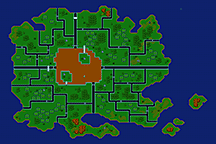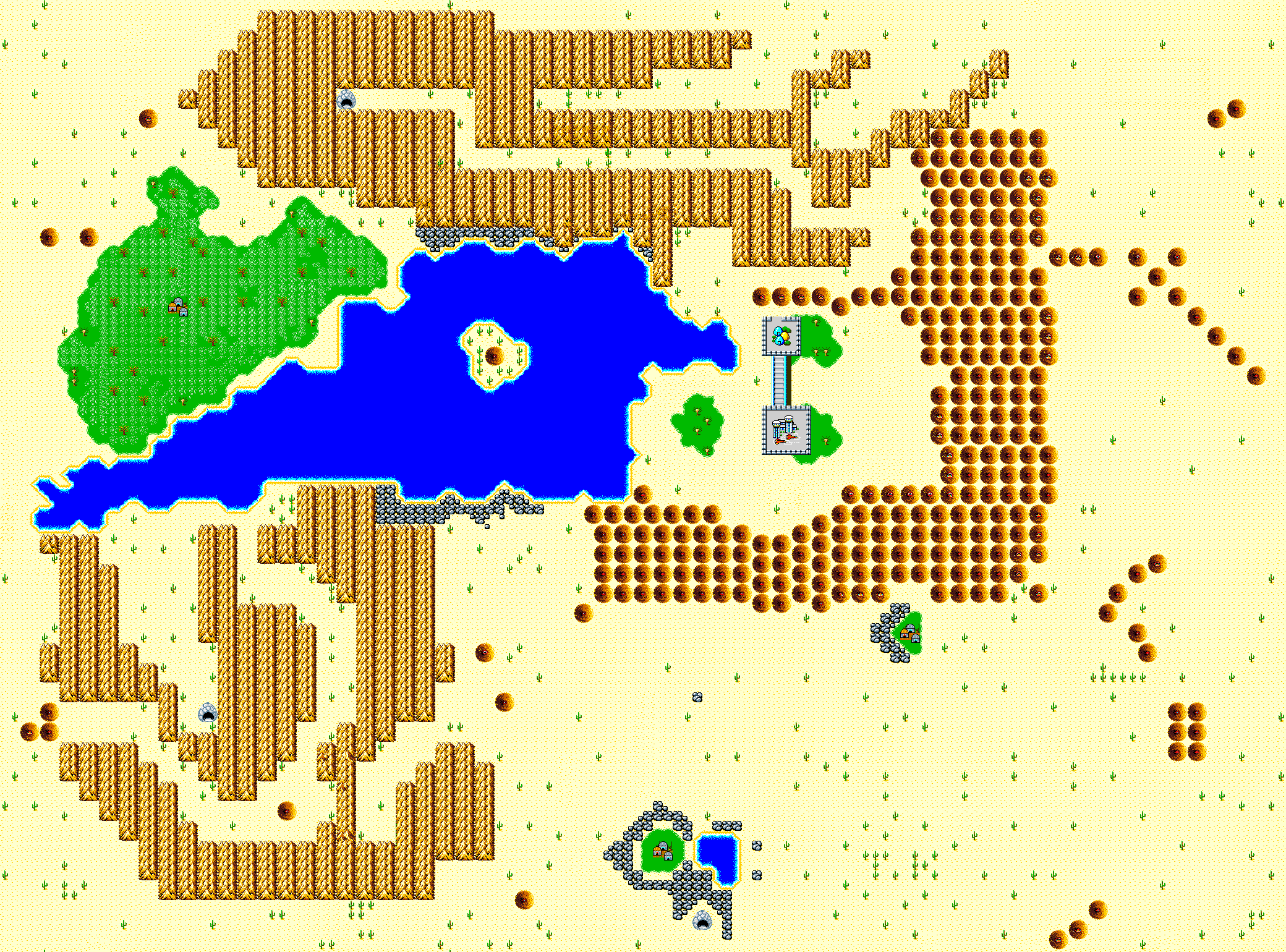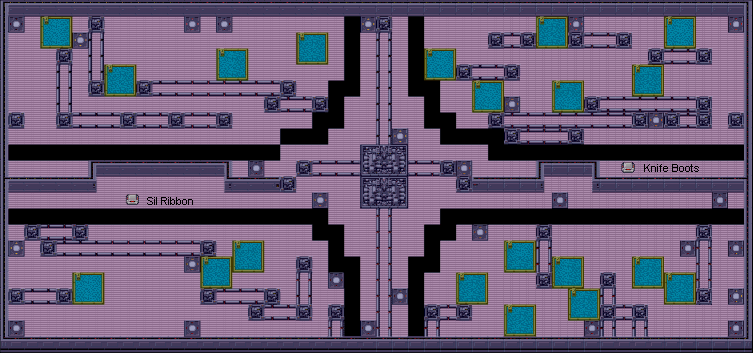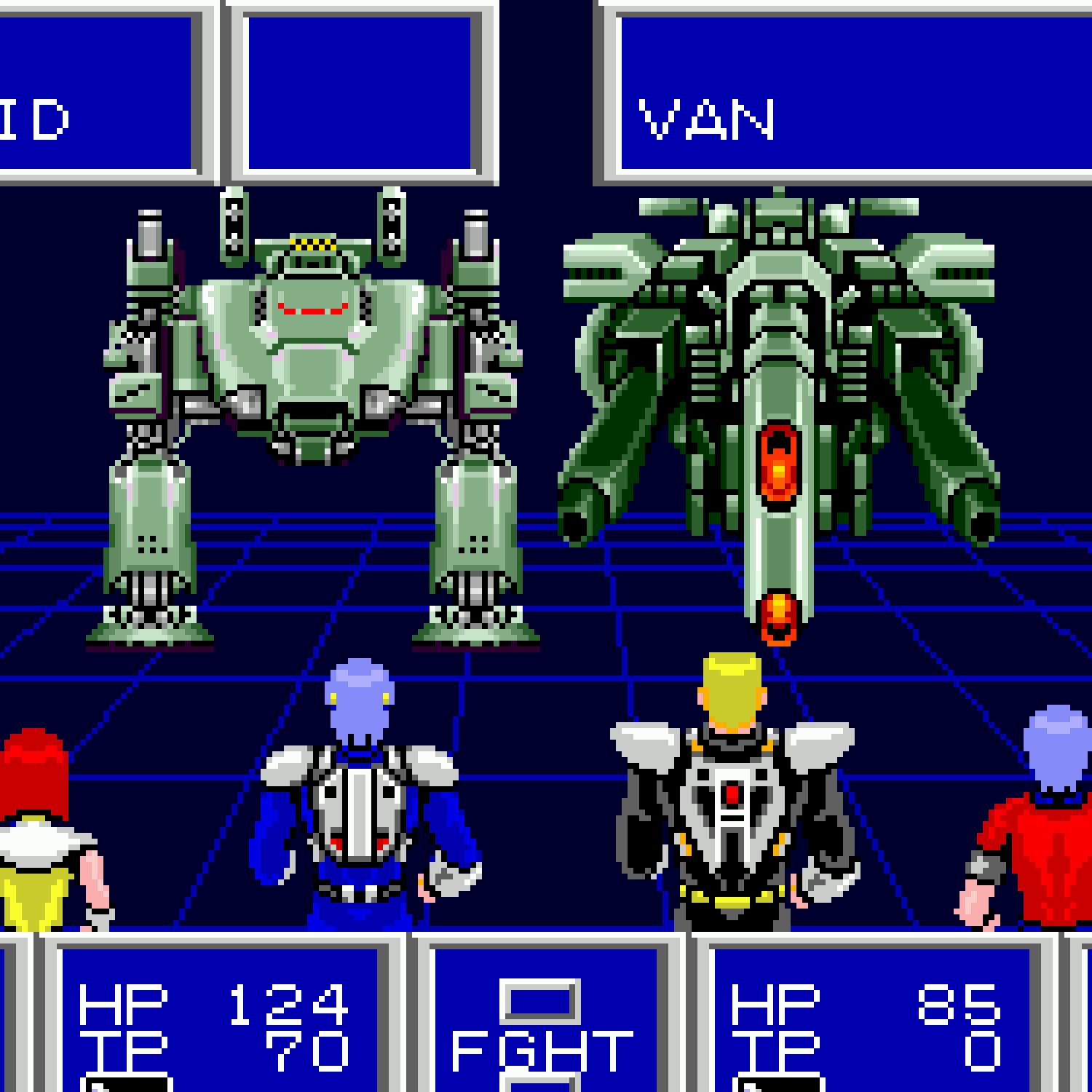
True, fighting can be a real slog in most 8- and- 16-bit RPGs. Its random battles are frustratingly frequent, its sprawling dungeons are confusing to navigate, and the general experience moves slower than the Second Coming of Space Christ. But as much as I'd love to give Phantasy Star 2 an easy recommendation, its gameplay hasn't aged quite as well as its story. It's clear Sega regarded RPGs as a powerful storytelling medium from day one, and it opted to built on that.

Nei is your first party member, and like an actual cat, she does whatever she damn well pleases. It's the base of a compelling universe that tells stories about aliens, rocket ships, and super computers rather than tales of dragons and princesses in distress.


The Algo star system, however, isn't standard. Unsurprisingly, Rolf's destiny turns out to be bigger than he ever guessed, which is standard JRPG stuff. Phantasy Star 2's main character, Rolf, begins the story as a government grunt who's tasked with discovering why the Mother Brain computer that controls the climate on the desert planet of Mota has gone ga-ga. It gradually links back to the first Phantasy Star game and continues to build upon the series' Algo star system, a small collection of habitable planets deep within the Andromeda galaxy. Its expansive story is still worth paying attention to now, 30 years later. But Phantasy Star 2's contributions to JRPGs go beyond its lush graphics, big sprites, and animated battle scenes. Phantasy Star 2 came west in March 1990, two months before the much more primitive-looking Final Fantasy came to the NES. In some ways, Phantasy Star 2 for the Sega Genesis was way ahead of its time-and even though I must beg your pardon for resorting to a cliché, it's just the best way to describe the adventure. Looking back, it's remarkable how Sega's 16-bit JRPG confidently overturned genre trends that had barely taken root. Phantasy Star 2 is a particularly disappointing omission.

While both titles were immensely important to the foundation of the genre in North America, we often understate the role the first two Phantasy Star games played. Here in the West, we tend to think of Dragon Quest (née Warrior) and Final Fantasy as the grandfathers of modern JRPGs.


 0 kommentar(er)
0 kommentar(er)
